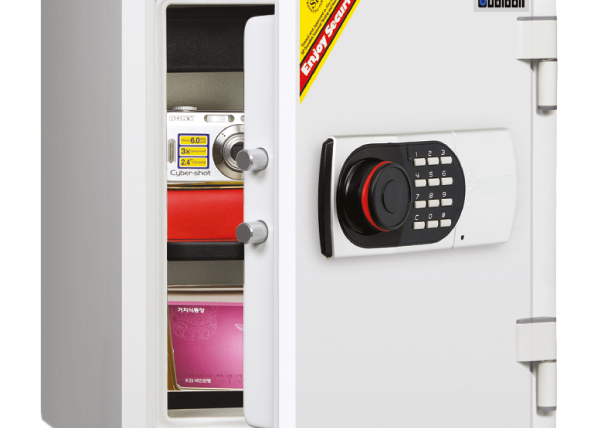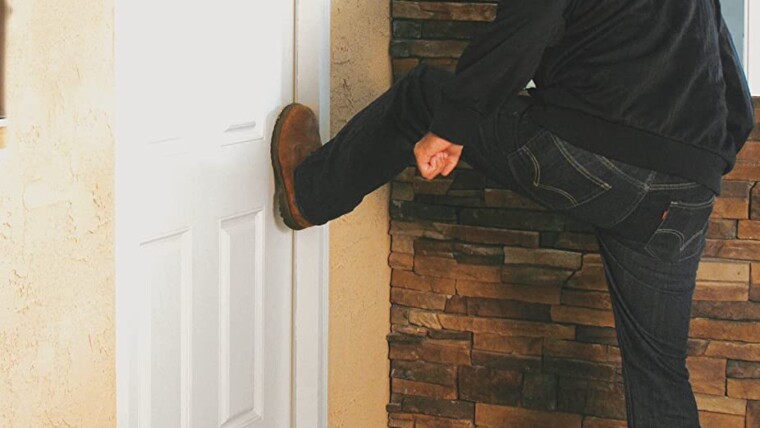Newer is Not Better: Three Older Locks that Beat Newer Locks
A lot of people in the service industry say things like “They don’t make them like they used to”. This ranges from car mechanics, appliance repair technicians, home builders, and locksmiths. While this is not always true for locks and door hardware, there are certainly older locks in Vancouver and Port Coquitlam that are certainly of better quality or design than newer versions.
So I will give you three examples of locks I’ve seen in the Greater Vancouver Area that you should keep an eye out for. These locks are considered older because 1) they are no longer made or 2) the design has been significantly changed in recent years.
If you have any questions or comments, please call or text me at 604-363-2760 or email me at alex@lockmsmithvancouver. You can also drop by our Key Store at 555 W Hastings St, Vancouver. We are located on the bottom floor of the SFU/Harbour Centre next to the BC Liquor Store.
Why Older Locks Can Be Better
I have been in the locksmith industry long enough to see a disturbing trend among the manufacturers where wholesale and retail prices continue to rise year after year but the quality seems to stagnate or, worse yet, decrease.
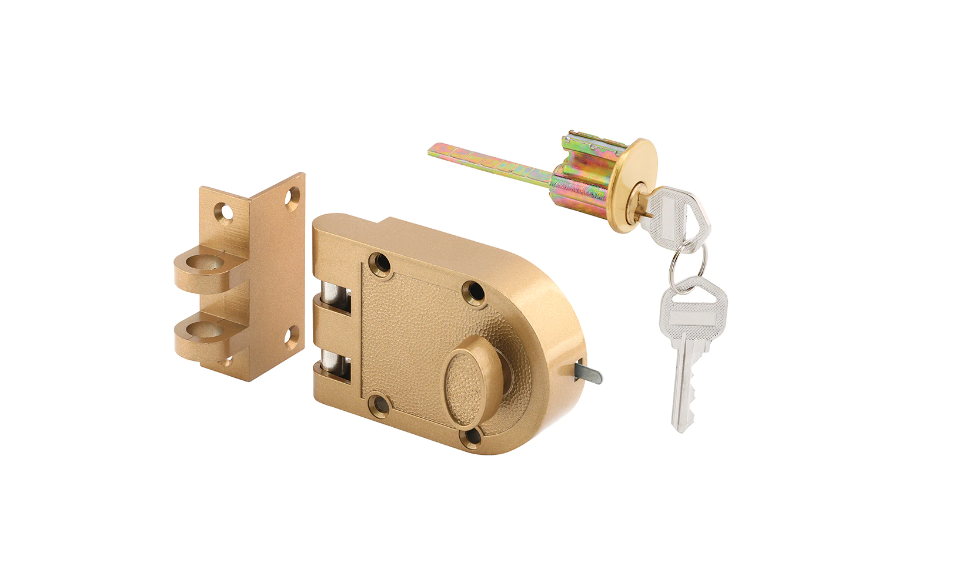
While I am no expert in such matters, I can see a few reasons why this is happening:
- Consolidation of the Lock Industry
- Increasing labour and material costs
- The trend toward electronic access systems
Consolidation of the Lock Industry
One of the things that define Canadian and American consumer lifestyles is the incredible range of choices we have when it comes to our purchasing power. Our store selves are literally bursting with the options we have whether it’s toilet paper or locks and door hardware.
If you speak to our European and Asian cousins, they will tell you that their choices are significantly more limited in their part of the world. Just visit your local Home Depot Store at 900 Terminal Ave near Downtown Vancouver/Railtown or 1069 Nicola Ave in Port Coquitlam. It’s a wondrous feat that these stores are filled to the brim with all manner of different products.
However, most of my clients do not know that the lock and door hardware industry has been undergoing a massive consolidation over the past several decades. From the late 1800s to the mid 1900s, there were many small companies revolutionizing the lock industry as we moved away from the older mortise locks dominated by a few U.K. firms like Sargent and Yale to the cylindrical locks pioneered by companies like Schlage.
Even Canada was a major player in the lock industry by the 1950s with homegrown lock brands like Corbin and Dominion Locks. This is why some of the older buildings in Vancouver have weird keyways starting with the letters “DL” etc.
However, in the 1980’s, deregulation was the craze and international companies began to gobble up the smaller manufacturers and consolidate the industry. Canadian companies like Corbin and Dominion were bought out and were rebranded or disbanded altogether. Corbin became Corbin Russwin and Dominion disappeared.
The industry is now dominated by a small number of gigantic conglomerates. Two of the most prominent are Assa Abloy and Allegion. For example, Assa Abloy owns 190 lock and related companies such as:
- Sargent
- Corbin Russwin
- VingCard
- Lawrence
- Yale
- Abloy
- Medeco
- Mul-t-lock
- Adams Rite
- Ditec
- H.E.S
- Interlock
- McKinney
- Papaiz
- Securitron
There is no way an average Vancouverite can go through their day without encountering an Assa Abloy product from one of the 190 brands. They also have a stranglehold on the high security lock market with ownership over Abloy, Medeco, and Mul-t-lock.
Allegion is much smaller but they have some of the gold standard brands in the industry including:
- Schlage
- LCN
- Ives
- Von Duprin
- Stanley Access Technologies
The Schlage SC1 key is probably one of the most popular keys in the Vancouver area and Schlage deadbolts are widely considered to be the gold standard in the industry. In addition, Von Duprin is the creator of the modern push-to-exit bars that you see in most commercial and high density residential buildings in Vancouver and Port Coquitlam. I recommend Von Duprin 98/99 push bars over the Sargent competitor whenever possible.
So what does this all mean?
Without going into a lecture about economics and the aspects of monopolies, consolidation discourages competition which in return discourages innovation. Massive conglomerates like Assa Abloy and Allegion know that we will continue to purchase their products even if the quality decreases because we literally have no alternative.
Do you want a decent quality fire rated push bar for a fire exit door? You are probably going to use a Sargent or a Von Duprin.
Do you want the cheapest fire rated push bar you can get away with? These companies got you covered as well.
Do you want an electric strike or a mag lock for fob access? H.E.S. is an Assa Abloy company and Rutherford Controls (RCI) is owned by another conglomerate called Dormakaba. They represent the most commonly found electric strikes in Vancouver and probably Canada as well.
Do you want your keys copied? Regardless of the brand, over 90% of the key blanks in North America are made by a company called Ilco which is another Dormakaba brand.
Do you see where I am going with this? These oligopolies essentially control the entire domestic and international market and can do whatever they want: Like increase the price yet decrease quality and ask us to be happy about it.
Increased labour and material costs
This one is fairly simple. Due to inflation and other economic factors, labour and material costs are on the rise.
Lock companies can pass off only so much of the higher costs to the customers at one time. As a result, they maintain their profit margins in other ways.
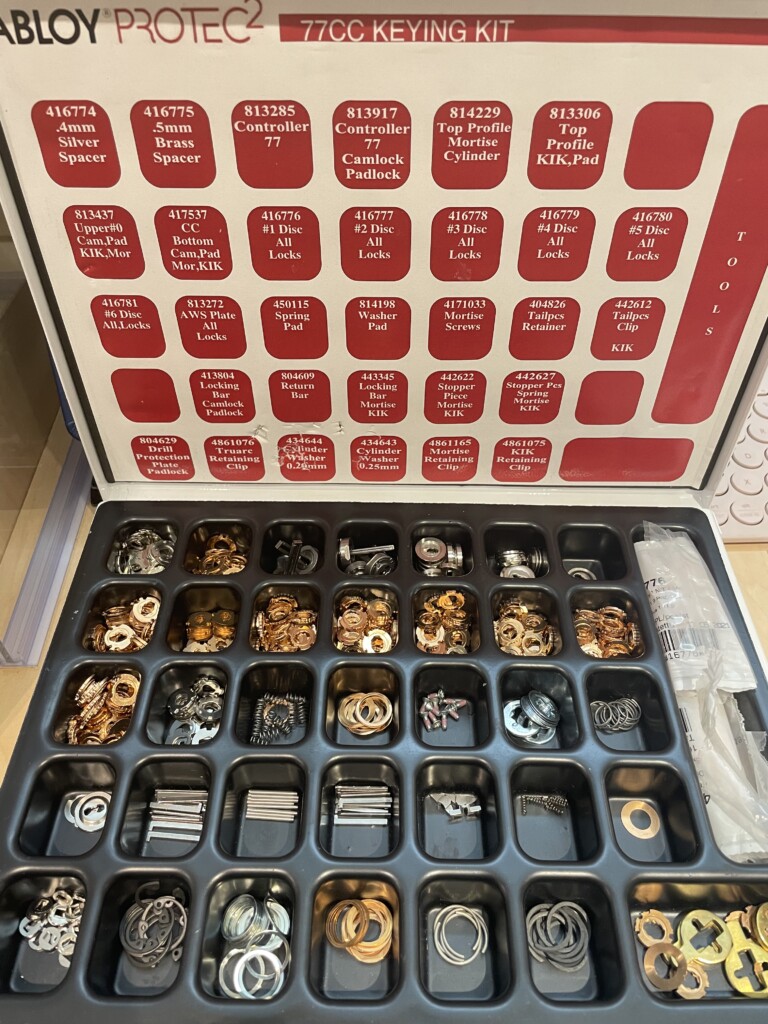
For example, they can hire fewer quality control assessors and run fewer tests. For consumers, it means we tend to get more lemons or locks that do not last as long. When it comes to quality brands like Sargent and Schlage, I have not seen a significant drop in the quality of the products. Plus, they still come with fairly long warranties so it’s not a big deal.
Sargent provides a 10 year warranty on their Grade 1 hardware and Schlage provides a 7 year warranty on most of theirs. Where the failure does occur more often is in the actual design of the products.
Another example is that brass is getting more expensive so they design a lock that uses less brass and more cheaper materials. This is where things are most visible to me as a Professional Vancouver Locksmith. 9 times out of 10, design changes these days often mean a decrease in either the security or the longevity of the lock – as if planned obsolescence is a feature, not a bug (a Silicon Valley reference).
The trend toward electronic Access Control Systems
People have been talking about a full transition to electronic access for quite some time now. In countries like South Korea, it has become the de facto norm and mechanical keys have largely been eliminated in most modern buildings.
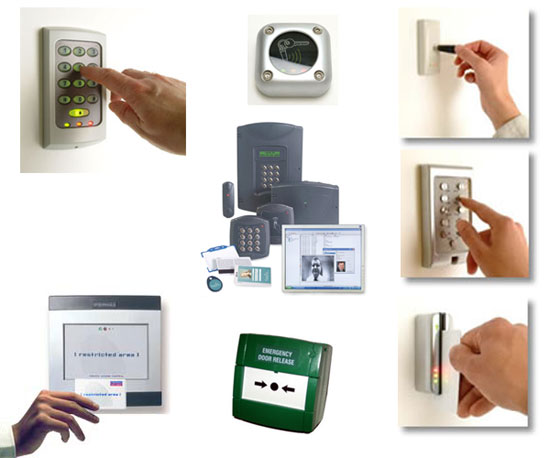
However, Canada and the U.S. seem very set on continuing to use mechanical keys and I don’t think there is anything wrong with that. Mechanical locks last longer, never lose power and offer greater security at the equivalent price level. With electronic locks, you will need to sacrifice security for convenience. The security gap can be filled in but it will require more resources to be spent on physical hardening.
For lock companies, electronic access system parts have higher margins and greater profits. Even in the residential market, everything is more expensive if there is an electronic component.
As lock companies focus their efforts on access control systems, their mechanical lock brands can suffer as they are seen more as legacy brands while the former is considered the future.
Speaking as a Professional Vancouver Locksmith servicing the Lower Mainland from Vancouver to Port Coquitlam, I always recommend mechanical over electronic locks. Dollar for dollar, they will last longer and provide greater security. Regardless of my professional experience, it really depends on your lifestyle choice. I have electronic deadbolts on my doors as we have a dog and it is liberating to go for a walk knowing the electronic deadbolt will lock the door behind me and I don’t need to carry keys with me all day long.
However, like I said, I am giving up some Security to gain more Convenience.
Some Older Locks to Keep an Eye out for
The first lock I would like to mention is the older Schlage B660 Grade 1 Heavy Duty Deadbolt before the transition to an adjustable latch system. The adjustable latch system allows you to switch from a 2-⅜” backset to a 2-¾” backset on-site. Previously, you had to order the shorter version separately which was quite costly or have the capital to keep pre-ordered sets on hand for use as needed.
Frankly, I feel the older non-adjustable deadbolt was much better. It felt more solid, the action was much more snappier and smooth, the materials were thicker. I could put the old version into a tight wood borehole and it would work smoothly every time.
The newer version is certainly more convenient but the adjustability forces the use of thin lighter materials and the action is less reassuring. Plus, when I push it into a tight borehole, it tends to jam up a bit and the action will not be as smooth.
The second lock I would like to mention is the older Schlage B560 Grade 2 Medium Duty Deadbolt. A couple of years ago, the cylinder face of the B560 was near the same quality as the Heavy Duty B660 version. Then they switched to a cheaper pot metal which is much less secure. It’s pretty thin and the cylinder can be pulled out without much work with the right tools. Otherwise, it’s still a great quality lock for the price with the anti-drilling pins and large ice pickguard.
The last lock I would like to mention is the really old Weiser Double Cylinder deadbolts. You won’t see these often as Weiser no longer makes Commercial Grade Hardware. However, if you work/live near the West End/English Bay or a really old building like the Dominion Building near Gastown, you may encounter these.
Security wise, they are not that special. They were discontinued decades ago. Nevertheless, there are two things that are great about them.
- Old copper coloured Weiser locks seem to last forever. I have seen ones from the 1980’s that are still going strong. Once you lubricate the cylinder and deadbolt, they are good to go for another 40 years.
- Weiser double cylinder deadbolts are the only double sided deadbolts featuring one screw on either side.
If you are not a locksmith or a security professional, the last part may be lost on you. Essentially, double cylinder locks require a key to lock or unlock from both sides of the door. You see these quite often near glass openings so that trespassers can’t just break the glass, reach through the opening, and unlock the door using the inside thumb turn to gain entry.
They are also used on interconnecting doors between residential or commercial office suites so that one tenant cannot open the door to the other suite without permission.
The problem is that most modern double cylinder deadbolts have the two joining screws on the “interior side” of the deadbolt. Theoretically, someone could unscrew the deadbolt from one side to gain entry into the other side.
The old Weiser version was designed so there was only one screw per side. This means you need access to both sides of the door to remove the lock from the door. Much more secure, much more logical, and frankly much easier to install for the locksmith. I have no idea why modern locks do not have that feature. Maybe there are versions of this lock in a more modern form, but I’ve never seen them.
Conclusion
So after reading all the way to the bottom of this article, I hope you can agree with me that sometimes newer is not better and the phrase “they just don’t make them like they used to” is not just some boomer talk.
If you have any questions or comments, please call or text me at 604-363-2760 or email me at alex@lockmsmithvancouver. You can also drop by our Key Store at 555 W Hastings St, Vancouver. We are located on the bottom floor of the SFU/Harbour Centre next to the BC Liquor Store.

